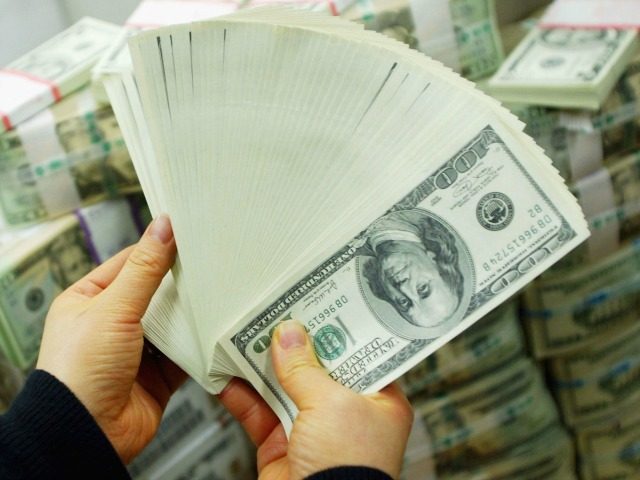The Ripple Project, a blockchain start-up seeking to revolutionize the way that the world transfers money, is potentially sitting on over $16 billion of its own cryptocurrency.
Ripple, a payment protocol system founded in 2012, allows parties to more easily transfer value across borders, between currencies, and between financial institutions. A 2016 YouTube video compared the Ripple protocol to the SMTP protocol, which allowed email users to communicate effortlessly between email systems. Prior to the introduction of the SMTP protocol, users were restricted to communicating with those who held accounts on their email system.
Ripple serves the same purpose, but for financial transactions. Although today’s money is digital, financial institutions have yet to offer a solution for simple transacting between institutions. Moving money from one institution to another can be a slow and tedious process. Think of Ripple as the SMTP protocol, but for financial transactions. Ripple makes it easier for users to transfer value between institutions and currencies.
Despite pessimistic forecasts, the price of XRP, Ripple’s currency that fuels the protocol system, increased 40-fold in early 2017, following a trend of value increases across the cryptocurrency space. As Ari Levy noted in a report for CNBC, if Ripple’s stake in the platform’s cryptocurrency, XRP, were counted towards its valuation, it would be worth more than major U.S. startups such as Uber, Airbnb, Palantir, and WeWork. Ripple owns about a 61 percent, which is now valued at around $16 billion USD, as a result of the growth since the beginning of the year.
CNBC reports that the increases across the space are the result of an interest in blockchain technology, a distributed database technology that facilitates transactions without the need for a third-party fiduciary. Ripple’s XRP currently sits at third in terms of highest market capitalization for cryptocurrencies, trailing only Bitcoin and Ethereum’s Ether, which I wrote about in early January before its unexpected 2,700 percent price increase.
Still, there remains skepticism about XRP’s future value. Piotr Piasecki, writing for CoinDesk, argues that there are significant barriers to the value proposition of the token. The main criticism lodged against Ripple is the way in which XRP was distributed. Unlike Bitcoin, XRP was pre-mined, meaning that Ripple created the network with 100 billion XRP already in it, compared to Bitcoin, in which coins were mined and released over time. In addition, developers in the crypto space are concerned about the stake that Ripple has in XRP. Ripple, the company that is overseeing the development of the project, owns around 60 percent of all XRP in circulation.
Listen to Piasecki explain why this presents potential issues:
First, the company could try cashing out and potentially crash the market. It is very unlikely, however. Ripple has recently taken steps to promote its XRP market and put the majority of their XRPs into an escrow (then again, the escrow is unlocking 1bn XRP every month for the next ~4.5 years, so it could be better).
Secondly, since the network fees are paid through ‘burning’ XRPs, they essentially enrich everyone in proportion to the amount of XRPs they hold (if 1% of the tokens got burned, the remaining tokens would be worth about 1% more provided the market doesn’t change). This means Ripple Labs is essentially earning 60% of all network fees on the network. This probably doesn’t amount to much at the current time, but it may be more important in the future.
Lastly, the amount of XRPs owned by one company gives it a negative reputation. A lot of people in the crypto space dismiss Ripple outright as a ‘pre-mined scamcoin’ just because of the amount of coins owned by Ripple.
In response to these concerns, Ripple announced in May that they would put 55 billion XRP from their stake in escrow to ensure price stability and liquidity for users on the network. Although many retain their skepticism, the interest in the Ripple project reaffirms the global trend of a shift towards a more decentralized future.
Tom Ciccotta is a libertarian who writes about economics and higher education for Breitbart News. You can follow him on Twitter @tciccotta or email him at tciccotta@breitbart.com

COMMENTS
Please let us know if you're having issues with commenting.